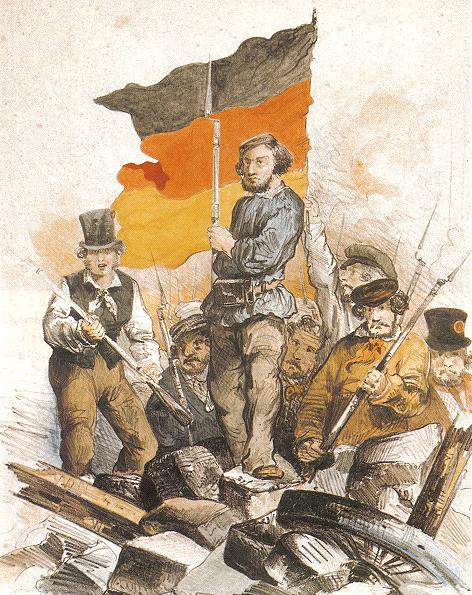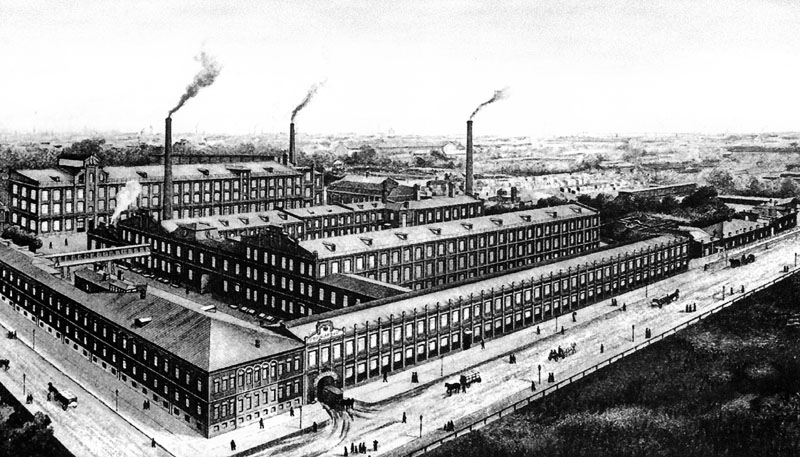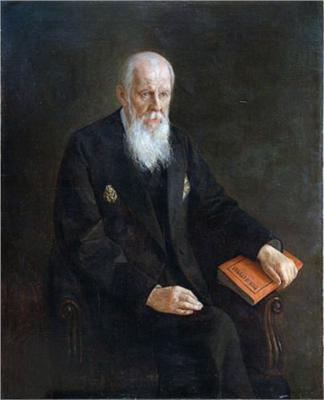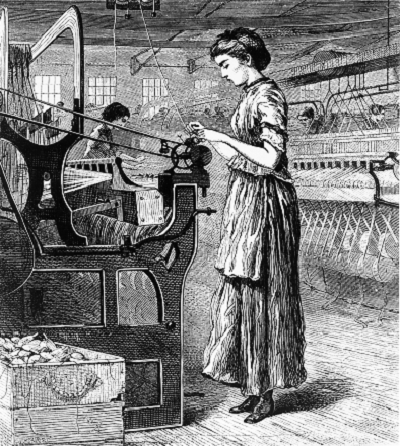IIIIIIIIIIIIIIIIIIIIIIIIIIIIIIIIIIIIIIIIIIIIIIIIIIIIIIIIIIIIIIIIIIIIIIIIIIIIIIIIIIIIIIIIIIIIIIIIIIIIIIIIIIIIIIIIIIIIIIIIIIIIIIIIIIIIIIIIIIIIIIIIIIIIIIIIIIIIIIIIIIIIIIII

1860 — ALTERNATE HISTORY RP
OOC — IC —Map — Theme
Number Map · Roster · Discord
IIIIIIIIIIIIIIIIIIIIIIIIIIIIIIIIIIIIIIIIIIIIIIIIIIIIIIIIIIIIIIIIIIIIIIIIIIIIIIIIIIIIIIIIIIIIIIIIIIIIIIIIIIIIIIIIIIIIIIIIIIIIIIIIIIIIIIIIIIIIIIIIIIIIIIIIIIIIIIIIIIIIIIII

1860 — ALTERNATE HISTORY RP
OOC — IC —Map — Theme
Number Map · Roster · Discord
IIIIIIIIIIIIIIIIIIIIIIIIIIIIIIIIIIIIIIIIIIIIIIIIIIIIIIIIIIIIIIIIIIIIIIIIIIIIIIIIIIIIIIIIIIIIIIIIIIIIIIIIIIIIIIIIIIIIIIIIIIIIIIIIIIIIIIIIIIIIIIIIIIIIIIIIIIIIIIIIIIIIIIII
ANNOUNCEMENT BOARD
Hello and welcome : ). If you have any questions, feel free to contact myself or a Co-Op. If you require OPs' attention, attach the number '3742' to your post.
OP Board
OP: The Industrial States of Columbia- Warden of the West
Co-OPs: Alleniana- Warden of the East | Tracian Empire - Warden of the Riverlands | Greater Redosia -Warden of the Reach | Military Lands of the Scottish People -Warden of the North
The year is 1860, and a decade of uneasy peace in Europe is slated to come to an end. The Commonwealth, once the keystone of the Holy Alliance and the guardian of despots in Europe, is on the verge of civil war. Without its support, Hungary teeters on the edge of collapse, as myriad ethnic and political groups prepare to carve up the sick man of Europe. The Austrians are poised also to take advantage of this, hoping to unite with their brothers in the German Confederation while the Eastern Leviathan consumes itself. Britain and France warily watch each other and the situation to the East, each playing their own careful game of power and position.
The Far East has mostly recovered from the wars of a decade prior, but old wounds still linger. Shu has rebuilt from its crushing defeat against Qian, and now seeks to set the board further in its favor, with Hubei firmly allied with it following the partition of the Zhous. Wu and Qian work to reconstruct their annexed lands, all while seeking new paths of expansion outside of China, with Qian easily seizing Central Asia from Persia and Wu establishing its first colonies in Western Africa. Joseon meanwhile has quietly placed itself in the favor of the Emperor of Japan, and with each new favor it performs it has attached a new puppet string to the Imperial Court. The Shogun has gathered what forces he can to himself to resist this new threat, but many believe his defiance has come too late.
The New World is a land of riches and opportunity, with the wars in the old world sending waves of refugees into the welcoming arms of the rising powers. Fusang stands above all others, its industry and wealth rivaling many nations of the old world, let alone the small, young states in the new. In South America, the Republic of Brazil is in a standoff against the Kingdom of Argentine, seeking to prevent the former French colony from seizing its neighbours and unifying the region under a solitary power. However, troubles at home over slavery and corruption in the government have seen Brazil increasingly isolated from affairs beyond its borders, and it may soon be unable to prevent the Argentinians from consolidating their position.
The world stands on the edge of glory and chaos. Will you lead an industrial nation to prestige and greatness? Will you free an oppressed people from the chains of a decadent old empire? Or will you seek to crush all others in a quest for absolute dominion? The choice, great leader, is yours.
Age of Steam and Steel is loose sequal to a prior RP, Tales of Two Horizons. It is based on the premise of an East that is a reflection of the West, with great powers of industry jockeying for position with their neighbours and their counterparts on each other side of Eurasia. As such, a brief glance at the prior rp might aid with some history, though don't completely rely on it. Clarification questions can be directed to myself or a Co-Op.
RULES AND REGULATIONS
- General.
- There are a fair few rules and guidelines for the RP, listed here. These following six are basic and should be easily understood and followed, and after that will follow more specific info that is more liable to change.
- Obey NationStates forum rules
- Obey the OP and those appointed as per their role
- Make sure you are not metagaming, godmodding, numberspamming, or generally RPing in bad form
- Have a couple of paragraphs a post and good grammar & spelling
- Exercise common sense generously
- Be active every couple of days at least
- Casus Bellis
- Declaring war for no reason (with no casus belli) may result in negative effects or random events.
- For a list of possible casus bellis, see this link.
- Cite applicable Casus Bellis when declaring war, or the lack thereof.
- Even war WITH a Casus Belli may result in negative random events.
- When dealing with an NPC:
- Be realistic and reasonable. If you feel that interactions are more chance base, use of a random number generator may be advised.
- Applies to both battles in warfare and to diplomatic actions.
- More important actions with NPCs may require OP approval.
- When dealing with other players:
- Talk with the player you are dealing with and mutually determine the outcome of an action.
- If no agreement can be reached, the OP Board will intervene.






















